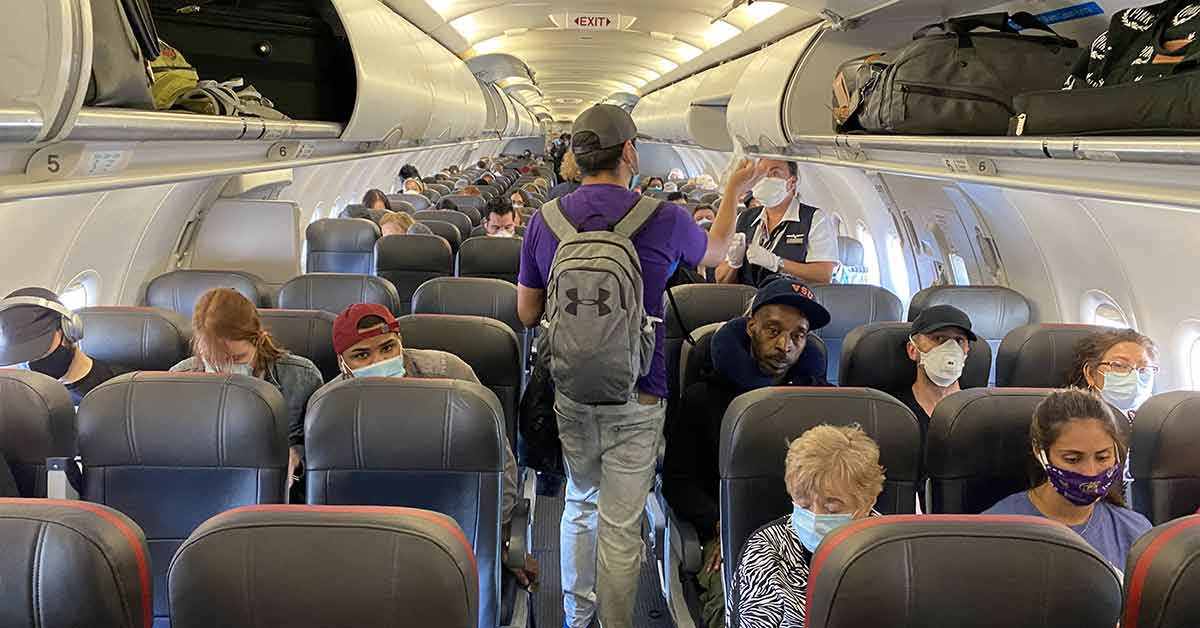Shuttered shops, idle production lines, grounded planes - the coronavirus pandemic has devastated several industries, not least the aviation and automobile sectors, but also retail and energy.
Here is a recap of some major casualties, amid layoffs, bankruptcies and rescue plans:
Crash Landing
Among the big-hitters in crisis in the air transport sector are two Latin American carriers, including the region's biggest airline LATAM, and Colombia's Avianca, both of which have filed for bankruptcy protection in the United States (US).
Virgin Australia has also collapsed, going into administration.
Smaller airlines have gone under too, including South Africa's Comair and South African Airways (SAA), Britain's Flybe and four subsidiaries of Norwegian Air Shuttle.
Others are surviving but with layoffs: more than 41,000 job losses have been announced at American Airlines, up to 36,000 at United Airlines, 22,000 at Germany's Lufthansa, at least 19,000 at Air Canada, 12,000 at British Airways, 10,000 at American Delta Air Lines, 6,000 at Australia's Qantas, 5,000 at Scandinavia's SAS, and 4,500 at Britain's EasyJet.
Several others have also shed thousands of jobs, including Britain's Virgin Atlantic (3,150) and Ireland's Ryanair (3,250).
US plane manufacturer Boeing has announced 16,000 layoffs, and Canada's Bombardier 2,500.
In the engine sector, General Electric and Britain's Rolls-Royce have also slashed 12,600 and 9,000 jobs respectively.
Some governments have stepped in to limit the damage: Germany has flown to the rescue of Lufthansa and Condor, France and the Netherlands have done the same for Air France-KLM, while Italy has decided to nationalise Alitalia.
Bumpy Ride
The automobile industry has also taken a massive hit from the pandemic. In the biggest signs of crisis, Renault is to axe 15,000 jobs, and car rental giant Hertz has filed for bankruptcy.
BMW will cut 6,000 jobs while Nissan plans to shut a factory in Barcelona that employs 3,000.
Sweden's Volvo Group, which makes heavy trucks, will slash 4,100 jobs worldwide, and in Britain more than 6,000 jobs will go at Jaguar Land Rover, Aston Martin, Bentley and McLaren.
Battered Brands
The pandemic has been fatal for many brands as they had to close shops amid lockdowns.
In Britain, shopping centre owner Intu has gone into administration, as has rent-to-own retailer BrightHouse and outlets for department store chain Debenhams, which has also axed 2,500 jobs.
Other casualties include Marks and Spencer, the retail chain selling clothes and food, which will cut around 7,000 jobs over the next three months, department store chain John Lewis, to axe 1,300, and Travis and Perkins, a construction and DIY materials retailer, to shed 2,500.
In Germany, the department store chain Karstadt Kaufhof will close a third of its shops and lay off 6,000 employees.
In France clothing brands including Andre, Naf Naf and Camaieu have gone into administration, as has furniture retailer Alinea.
In the catering sector, Britain's The Restaurant Group is closing 125 outlets and losing 3,000 jobs and Pizza Express is shuttering 67 restaurants and losing 1,100 jobs. Vacuum cleaner maker Dyson will cut 15 percent of its United Kingdom (UK) workforce and eliminate 900 jobs globally.
Other Hard-Hit Sectors
The energy sector is suffering. British giant BP has announced plans to axe nearly 10,000 jobs, while domestic providers Centrica and OVO will shed 5,000 and 2,600 jobs respectively.
In the US, Texan drilling group Diamond Offshore and hydrocarbon exploration group Petroleum Corporation have filed for bankruptcy.
In the digital sector, ride-hailing giant Uber plans to get rid of 6,700 workers and rival Lyft nearly 1,000. Airbnb and TripAdvisor have fired around 25 percent of their workforce. Professional social network LinkedIn will cut 960 jobs, or six percent of its workforce
Swiss logistics group Kuehne+Nagel also plans to lay off a quarter of its employees - more than 15,000 posts - and British postal service the Royal Mail will scrap 2,000.
In the aid sector, Oxfam will close 18 offices and cut nearly 1,500 jobs. - AFP
